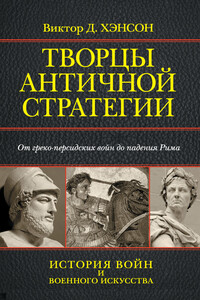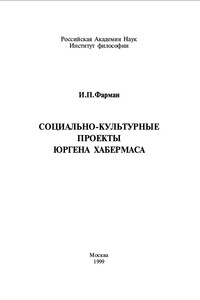Английский язык для специальных и академических целей: Международные отношения и зарубежное регионоведение. Часть 1 | страница 73
Unit II. US: from Democracy to Empire?
Unit II. US: from Democracy to Empire?
1. What American politicians and on what occasions referred to their country as the “last best hope of Earth”, the “leader of the free world”, and the “indispensable nation”? What do these phrases imply? (Do at-home research to find answers to these questions.)
2. What is the effect of the distorted self-perception on the US foreign policy?
3. Is the idea of exceptionalism unique to the United States?
4. What arguments does the article provide to prove that the US does not behave better than other nations in terms of maintaining peace, promoting international law, and protecting human rights?
5. What do Americans usually attribute the success of their nation to? What in reality makes the US a powerful nation, according to the article?
6. Do you agree that American past success is to a great extent due to good luck?
7. How does the author prove that the actual contribution of the US to world stability and global progress has been relatively modest?
8. How does the article dispel the myth of the divine origin of American exceptionalism?
1. Do you share the author's viewpoint on American exceptionalism or do you think Americans rightly consider themselves exceptional? Explain your position.
2. Does the US, in your opinion, cope with the self-assumed role of global policeman?
3. Is there a good side to the US taking on responsibility for global issues?
a) the US role in the world
b) the US foreign policy
c) the current US — Russian relations
VOCABULARY PRACTICE 3
1. so important or useful that it is impossible to manage without it
2. existing in someone or something as a permanent and inseparable element, quality, or attri-bute
3. correspondence in form, nature, or character
4. to help a plan, idea, feeling, etc to develop
5. to take up the cause, ideology, practice, method, of someone and use it as one's own


